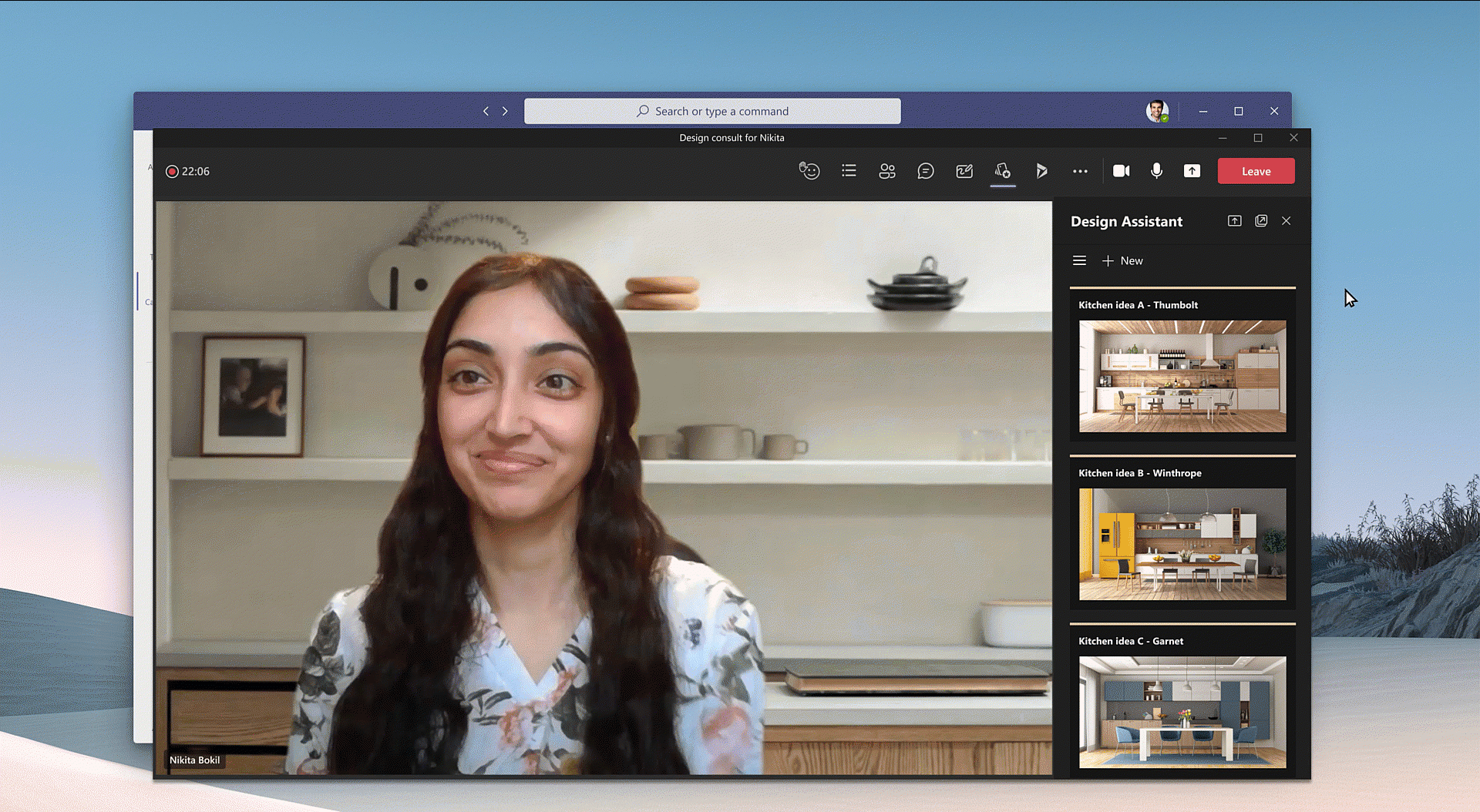Microsoft launches new tools for Teams developers
At its (virtual) Build conference today, Microsoft launched a number of new features, tools and services for developers who want to integrate their services with Teams, the company’s Slack competitor. It’s no secret that Microsoft basically looks at Teams, which now has about 145 million daily active users, as the new hub for employees to get work done, so it’s no surprise that it wants third-party developers to bring their services right to Teams as well. And to do so, it’s now offering a set of new tools that will make this easier and enable developers to build new user experiences in Teams.
There’s a lot going on here, but maybe the most important news is the launch of the enhanced Microsoft Teams Toolkit for Visual Studio and Visual Studio Code.
“This essentially enables developers to build apps easier and faster — and to build very powerful apps tapping into the rich Microsoft stack,” Microsoft group program manager Archana Saseetharan explained. “With the updated toolkit […], we enable flexibility for developers. We want to meet developers where they are.”
The toolkit offers support for tools and frameworks like React, SharePoint and .NET. Some of the updates the team enabled with this release are integration with Aure Functions, the SharePoint Framework integration and a single-line integration with the Microsoft Graph. Microsoft is also making it easier for developers to integrate an authorization workflow into their Teams apps. “Login is the first kind of experience of any user with an app — and most of the drop-offs happen there,” Saseetharan said. “So [single-sign on] is something we completely are pushing hard on.”
The team also launched a new Developer Portal for Microsoft Teams that makes it easier for developers to register and configure their apps from a single tool. ISVs will also be able to use the new portal to offer their apps for in-Teams purchases.
Other new Teams features for developers include ways for developers to build real-time multi-user experiences like whiteboards and project boards, for example, as well as a new meeting event API to build meeting-related workflows for when a meeting starts and ends, for example, as well as new features for the Teams Together mode that will let developers design their own Together experiences.
There are a few other new features here as well, but what it all comes down to is that Microsoft wants developers to consider Teams as a viable platform for their services — and with 145 million daily active users, that’s potentially a lucrative way for software firms to get their services in front of a new audience.
“Teams is enabling a new class of apps called collaborative apps,” said Karan Nigam, Microsoft’s director of product marketing for Teams. “We are uniquely positioned to bring the richness to the collaboration space — a ton of innovation to the extensibility side to make apps richer, making it easier with the toolkit update, and then have a single-stop shop with the developer portal where the entire lifecycle can be managed. Ultimately, for a developer, they don’t have to go to multiple places, it’s one single flow from the business perspective for them as well.”




Leave a Reply
Want to join the discussion?Feel free to contribute!